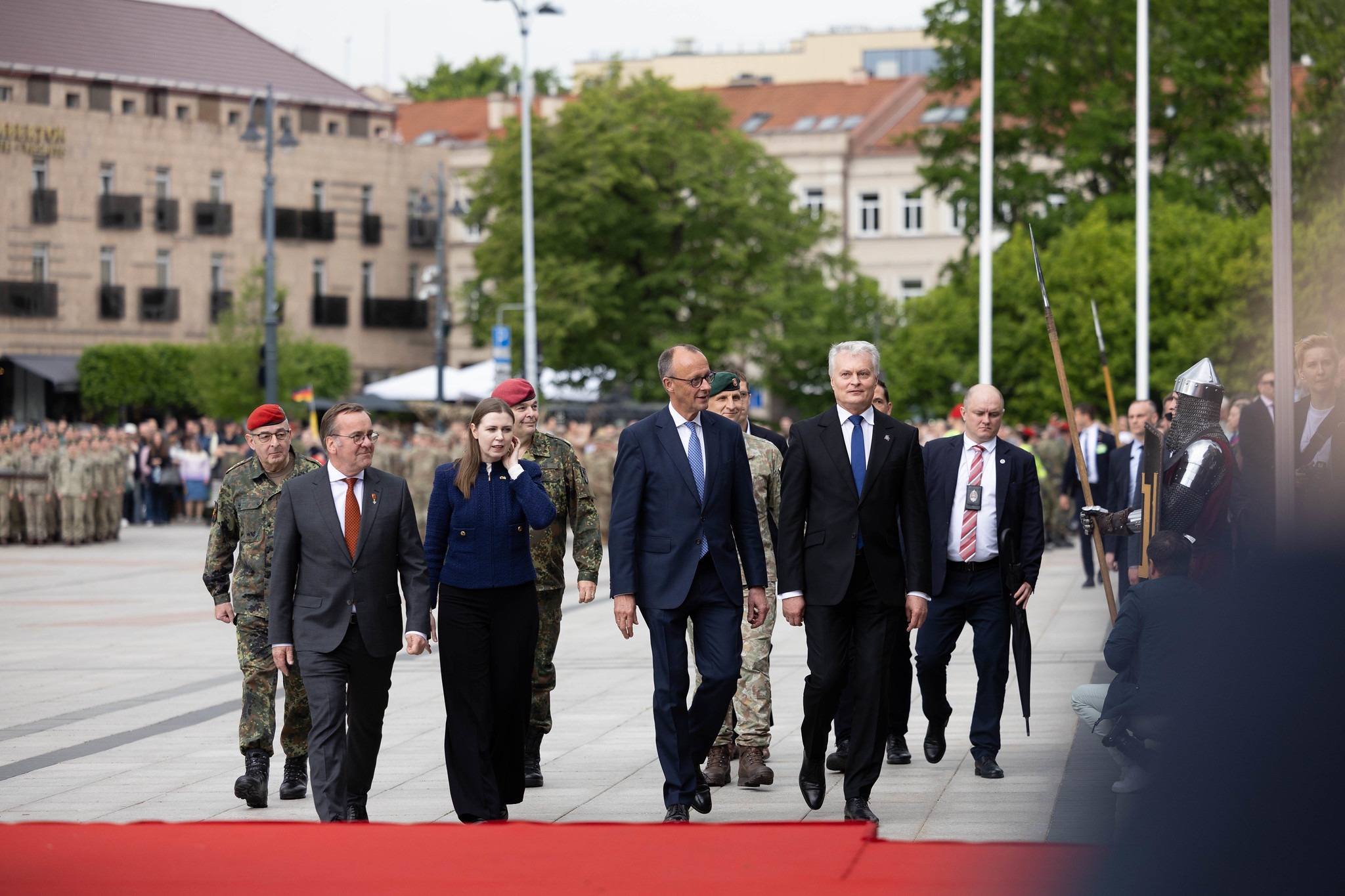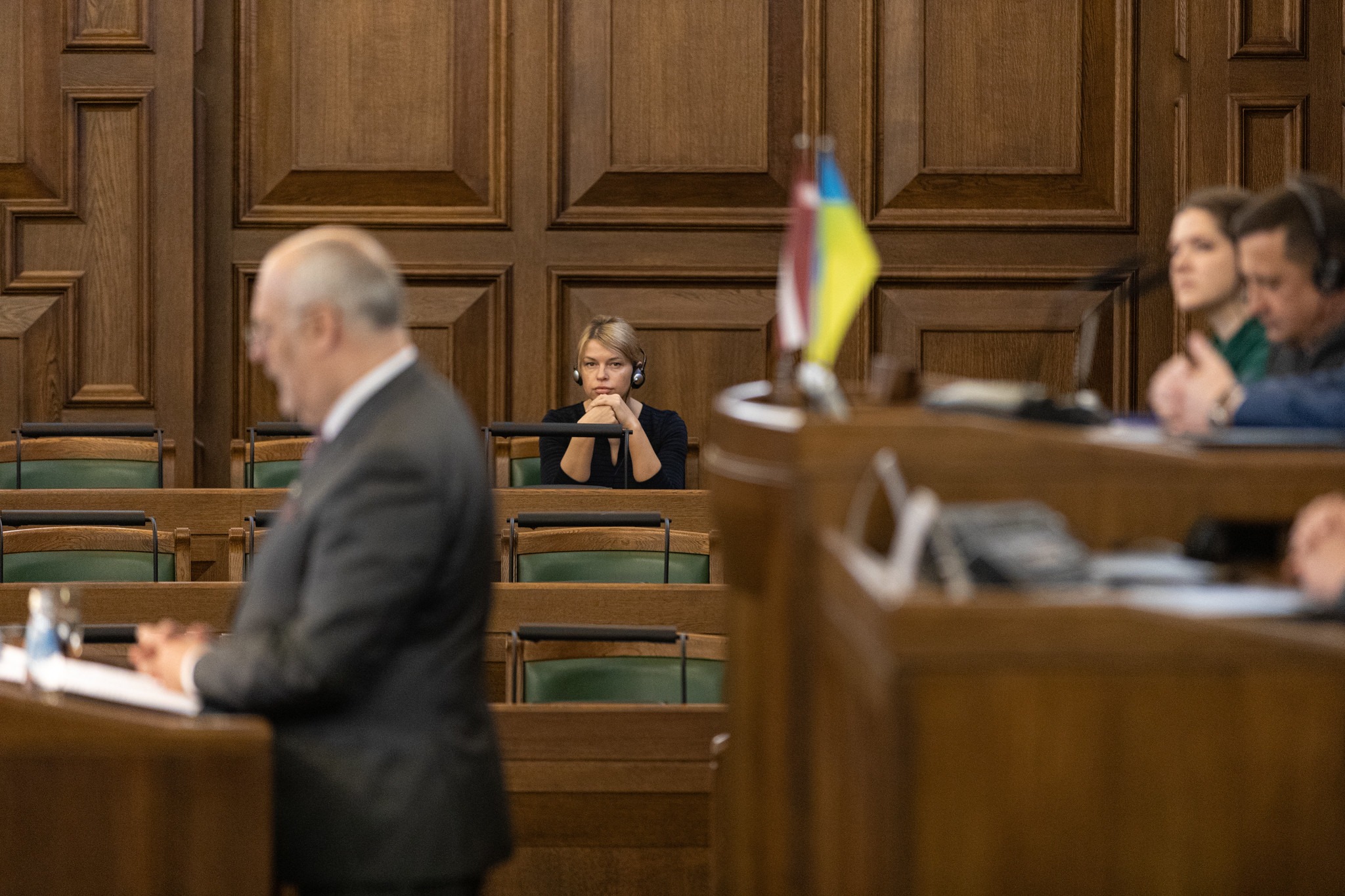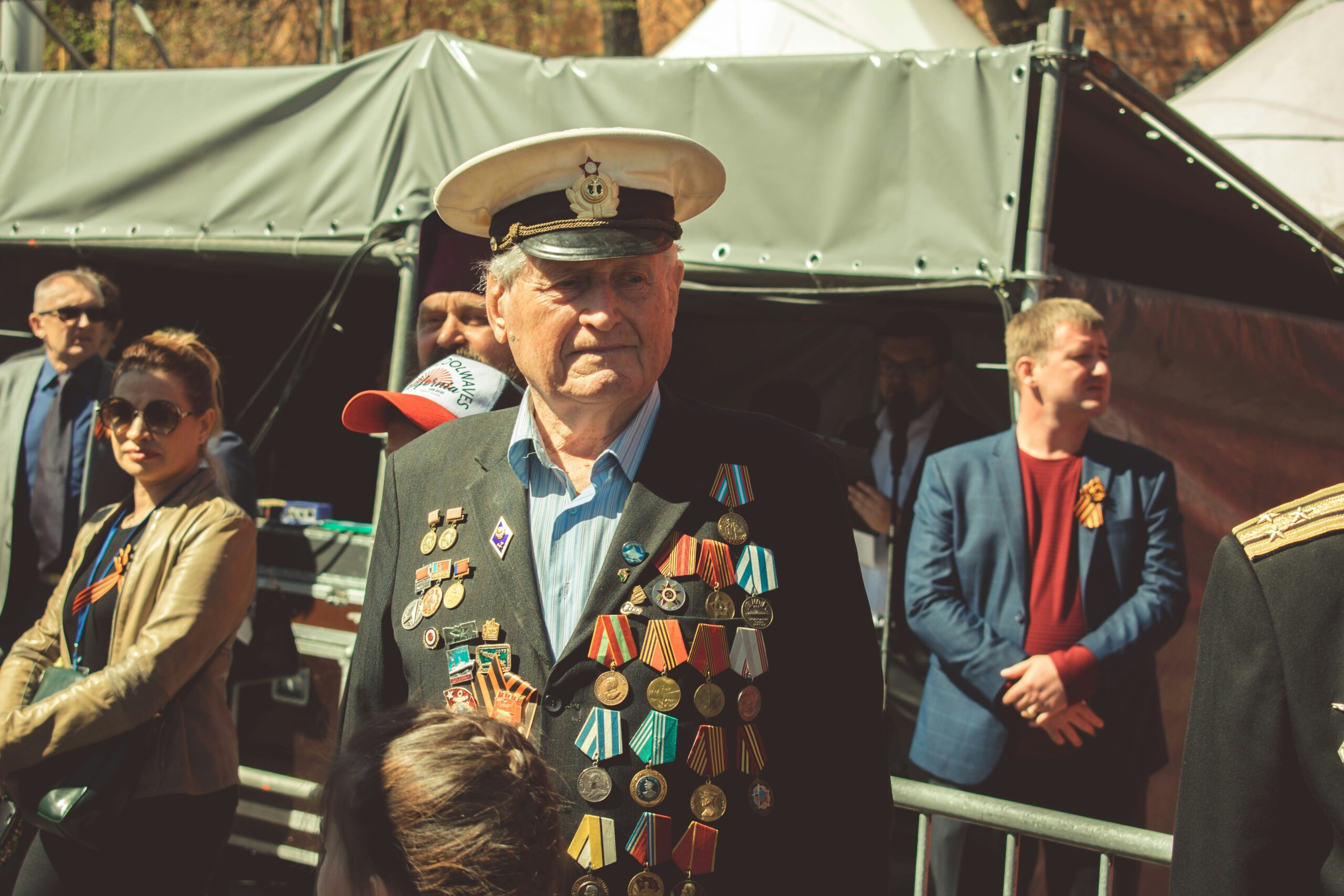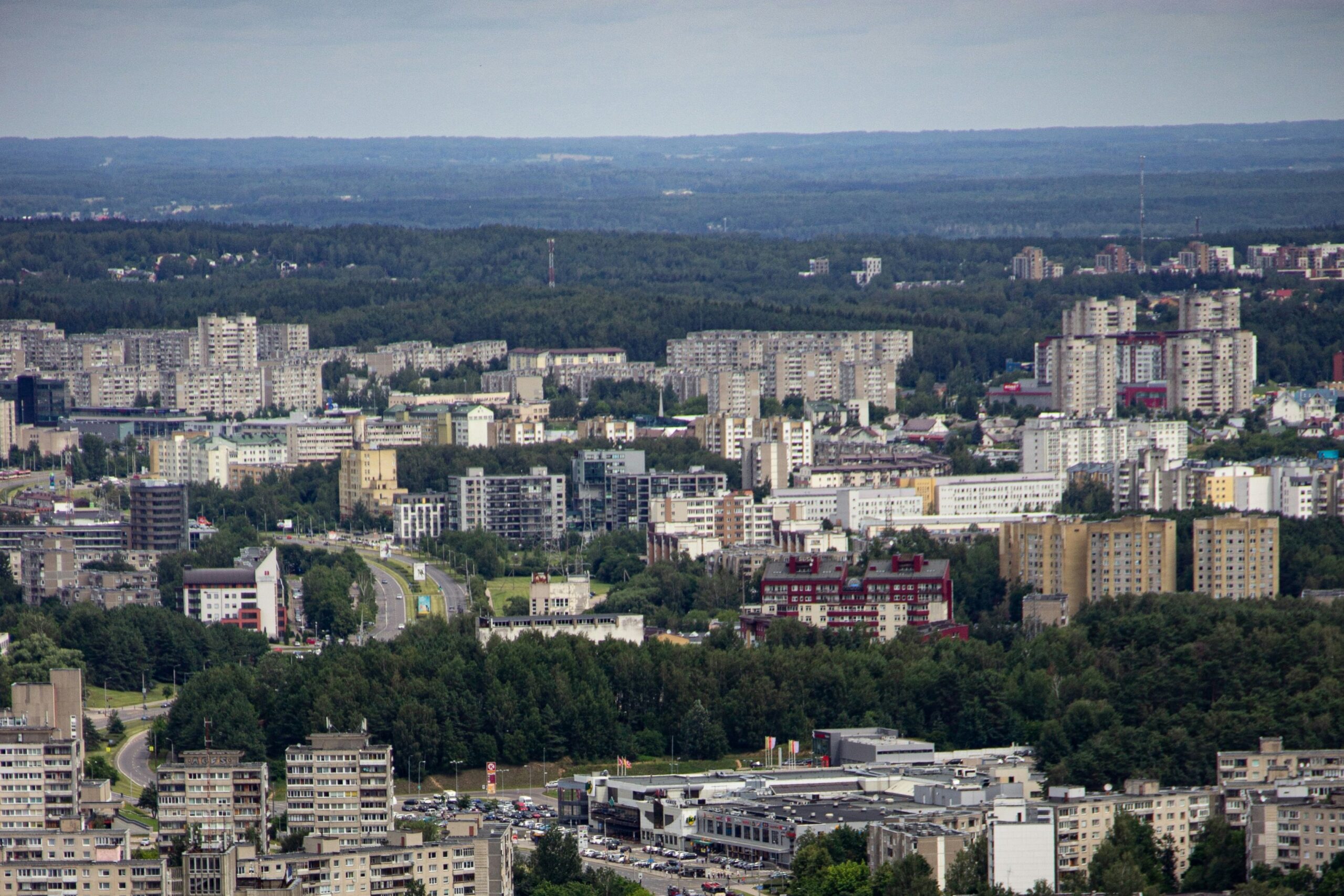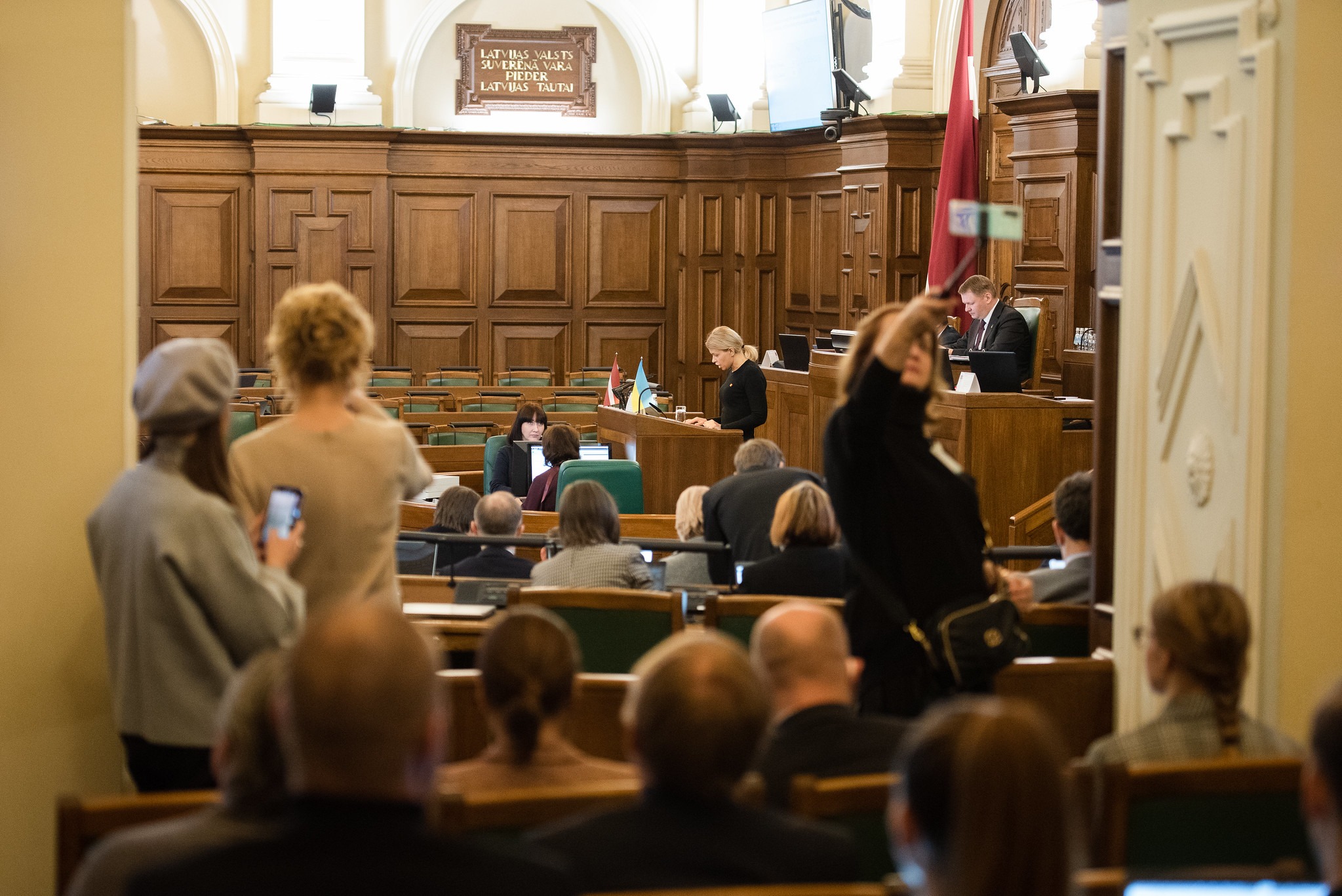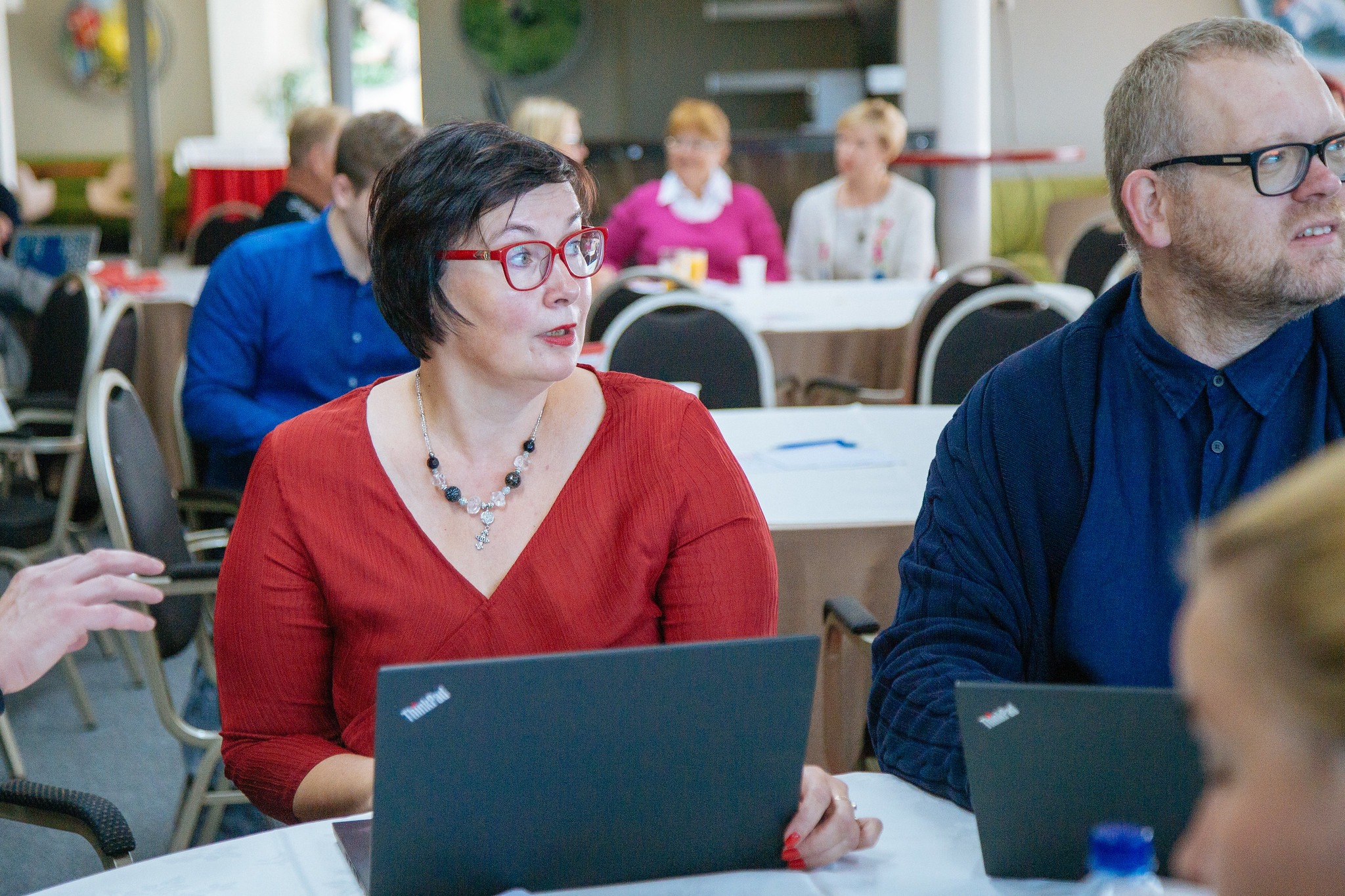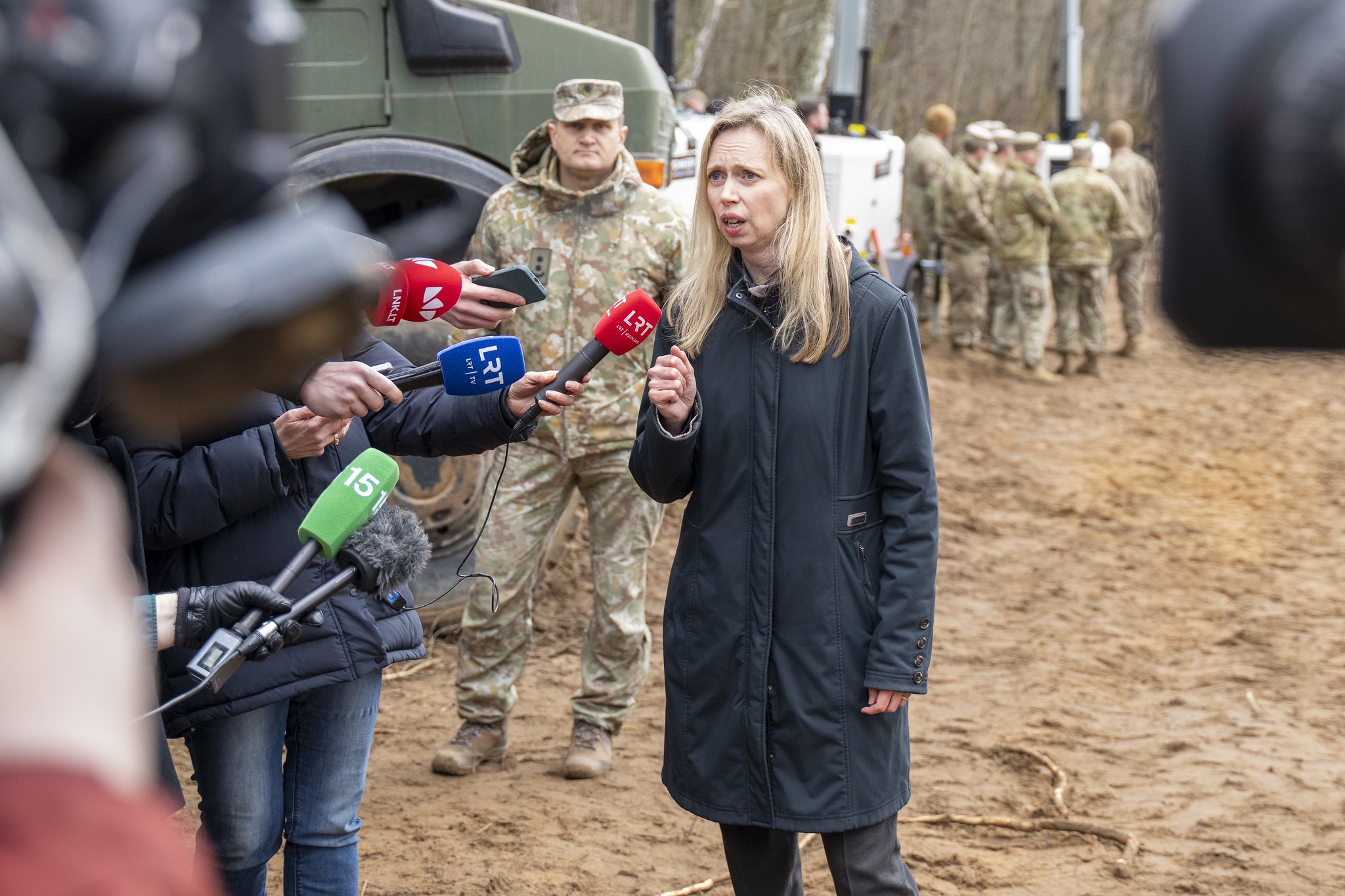
Key Insights:
The Estonian social media and web-based media actors during the reporting month predominantly were focused on the Estonian/Russian language policy issues, human rights issues, democracy and trust towards elected officials, war in Ukraine as well as the international security situation in general. Accordingly, the main narratives that were spread over the social media were the following:
- It is good to do business with Russia, otherwise the Estonian economy will suffer.
- The Russian language will completely disappear due to current Estonian education policy. This is a kind of a tragedy for children of the Russian minority to learn the Estonian language.
- The legislation on preventing hate speech will undermine freedom of speech
- Estonian ban of visas for Russian citizens is a violation of basic human rights.
Overview of findings:
- A total of 350 social media posts were monitored on Facebook and Telegram channels.
- An Awario media monitoring tool reveals the remaining importance of Russia’s aggression against Ukraine and importance of the language policies, as mentions of “Ukraine” and “the war”, and “language”, “Russian language” in Estonian media in Estonian and Russian languages (see graph above) scores near around 314 mentions. Data from the monitoring tool also shows that more than a third (31,8%) of these items held a negative sentiment. That signals the easy usage of war for the spread of anti-Ukrainian and anti-government narratives which are related to the language policies as well. Awario has also revealed the notable reach of the same social media pieces (see the graph below) that includes mentions of Ukraine and the language policies, especially since mid of September, when the policy of the introduction of the Estonian language in the public schools were most actively discussed. Other messages were questioning democratic system of municipal government, claiming, that politicians are corrupt “thieves and criminals”, and they have low moral standards – One can not trust politics anymore, as political leaders are thieves and looking only towards their own comfort, they are not caring of Estonian people. Politics is the only source of depression and disappointment, there is no true freedom of speech. In Estonia, Russophobia prevails on a massive scale. Estonian state media is dividing society between Russians and Estonians, solely on ethnic basis.
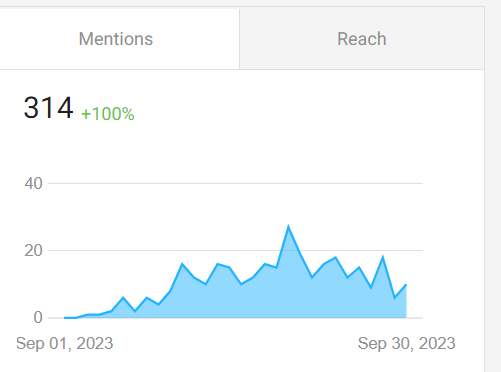


Story of the month:
Language policy: if Russian would “disappear” in Estonia in the “Latvian way”.

Political and social tensions in Estonia publicly in September are present over the issue of the future of the Russian language in the Estonian schools. On September 17, Member of the Estonian parliament Aleksandr Chaplygin questioned whether the Estonian policy towards Russian language in Estonian Schools will lead to the eventual and total disappearance of the Russian language in Estonia. This narrative was supported by the reflection over the rhetorical question, posed by one of the journalists of the Newspaper “Pealinn” (Capital City). Overall, member of the Estonian parliament Chaplygin ended with the following Facebook post on his timeline: “If we are talking about a decline in the quality of education, and if this happens as a result of an unprepared reform, then we can talk about a violation of human rights,” answered the Deputy Mayor of Tallinn Andrei Kante (Center Party) when asked by the Pealinn newspaper whether we can talk about a violation human rights, if in the next seven years the Russian language completely disappears from Russian-language schools.” https://www.facebook.com/RusEmbEst (17.09.2023).
By the end of the month, September 28, another language related story appeared in Estonian media and these were the news, that the Latvian Parliament approved the closure of Russian editorial offices of Latvian Television (LTV)) and Latvian Radio (LR). “On Thursday, September 28, the Parliament of Latvia, with a overwhelming majority, supported the Concept of National Security, which, among the other things, implies a ban for public media – Latvian By the end of the month, September 28, another language related story appeared in Estonian media and these were the news, that the Latvian Parliament approved the closure of Russian editorial offices of Latvian Television (LTV)) and Latvian Radio (LR). “On Thursday, September 28, the Parliament of Latvia, with a overwhelming majority, supported the Concept of National Security, which, among the other things, implies a ban for public media – Latvian television and Latvian radio – to broadcast in Russian language from 2026 (ERR.ee, 28.09.2023).

In fact, the legislation that was approved by the Latvian Parliament basically was the adoption of the Concept of the National Security, the document which is not primarily dealing with the media space issues and policies per se, and within a course of the subsequent proceedings, the media policies can be amended and adjusted by the other legislative acts that solely determine national media policies. The rhetoric that this policy in fact is leading towards the disappearance of the Russian language in the media space is related to the following facts presented by the Russian language media: (1) during the process of approval there were categorical objections by the Council for Public Electronic Media,, Latvian Television and Latvian Radio and they called to review that part of the document that concerns the information space and provides a ban for LTV and LR to create and distribute content in Russian language.
(2) The Members of Parliament voted for the whole Concept of the National security, while it is being reported as a vote in support of this particular initiative exclusively by the political parties “Jaunā Vienotība”, “Apvienotais Saraksts”, “Progresīvie”, “Zaļo un zemnieku savienība”, “Nacionāļā apvienība”, as well as non-fraction members Oļegs Burovs and Igors Rajevs (in total, 68 votes). 10 members of parliament were against, including all from the political political party “Stabilitātei”. Non-fractional member of the Parliament Glorija Grevcova and seven “Latvija pirmajā vietā” deputies did not vote (ERR.ee, 18.09.2023).
Russian language media channels emphasize that on the day before the Parliament session, LTV and LR voiced their opposition to the idea of banning public media from developing content in Russian language, without consultations with the representatives of the said media, the supervisory body and experts, and that it directly contradicts the goals of strengthening the security of the country’s information space.
Minister of Culture Agnese Logina (“Progressives”) responsible for media policy, in an interview to the program “Doma Laukums” for Latvijas Radio 4, called the policy to stop broadcasting in Russian language by 2026 as an a “decision made in hurry” and as a “farewell gift from the National Union party” (the minister of the National Union headed the Ministry of Culture in previous governments).

The Facebook post of the group KOOS (meaning “together” in Estonian) in which these news were reposted was accompanied by a number of negative comments by Russian speakers, who expressed their anger against Latvian and Estonian governments as well (https://www.facebook.com/groups/711799263275697, September 28, 2023).
Overall, which comes with these narratives in Estonian media space, is that governments of the Baltic countries are determined to narrow use of the Russian language in the space of education and mass media as a political objective driven against the Russian speaking population, which only plays in favour of the Kremlin propaganda.
This is telling once again for the politicians to value and utilize the strategic communication with the society regarding the political decisions made, especially in such a very sensitive domains of political and societal processes.

